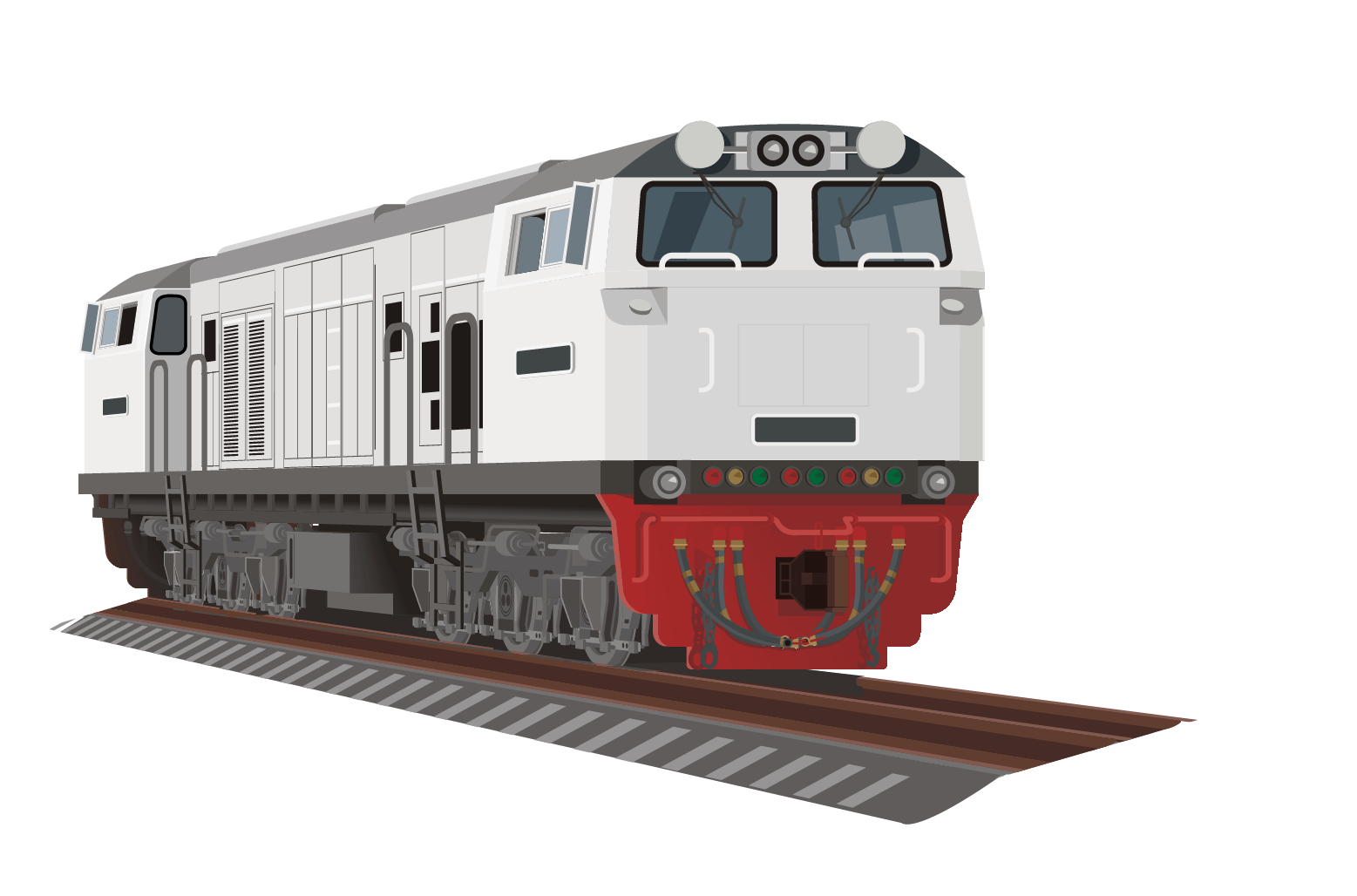Kenya postpones full takeover of SGR operations to December 2025

Kenya has once again postponed the takeover of the Standard Gauge Railway (SGR) operations to December 2025 from June 2025. Initially, the government had planned to assume full control of the SGR operations, which are currently managed by the Chinese firm Africa Star Railway Operation Company (Afristar), a subsidiary of China Road and Bridge Corporation. The Kenya Railways Corporation has taken over 98% of the SGR functions, with the remaining technical issues set to be resolved.
According to the Ministry of Roads and Transport data, Kenya spends an average of KSh1 billion per month to operate the SGR. This is separate from the KSh324 billion construction loan, which is also being paid off.
Kenya leans on private investors to fund infrastructure, and China has managed to secure the biggest share of its public-private partnership investment projects. The United States, the United Kingdom, and Portugal trail behind China, whose firms have been linked to KSh190 billion worth of deals.
Public-private partnerships (PPPs) involve long-term contracts where private companies finance, construct and operate public assets or services. In return, they are compensated either by the government or through revenue generated from the projects throughout the agreement.
The strength of PPPs lies in their ability to leverage the unique advantages of both sectors. Governments provide the regulatory framework and political backing, while private companies contribute expertise, technological innovation, and financial resources. Together, they can deliver more efficient, sustainable, and effective solutions than either party could achieve on their own.
In the last decade, Kenya has increasingly turned to PPPs as a strategic approach to finance and implement infrastructure projects, particularly in light of fiscal constraints and the need for sustainable development. Some of the projects include the Nairobi Expressway, Nyali Bridge, the Nairobi Western Bypass Highway, the Pangani Affordable Housing Project, Moi University Hostels and Kenyatta University Hostels.
The implications of the postponement
The repeated postponement of Kenya’s full takeover of the SGR operations raises critical economic, political, and financial concerns. It may signal deeper structural challenges in the management of the railway, balancing debt repayment, and navigating the handover process.
By delaying the takeover, Kenya can resolve the remaining technical issues. The government can also ensure that local professionals are able to expertly operate the railway before assuming full control. This would avoid instances where there would be operational disruptions that could negatively affect the operations of the railway.
Furthermore, Afristar has experience in managing the railway, and its continued involvement ensures high operational standards. A gradual phasing approach would avoid any operational, legal and financial disputes that could arise from a rushed exit.
There are also concerns that the delayed takeover could be a result of payments that have not been relayed. This raises concerns as the railway is meant to be self-sustaining. If the Kenya Railways Corporation cannot take full control due to the debt, it may need to renegotiate its repayment terms, which could result in higher interest payments.
It is worth noting that the Chinese banks, led by the Export-Import Bank of China, fined Kenya KSh1.312 billion in the year ended June 2022 for loan defaults. Kenya tapped over half a trillion shillings from Chinese lenders to fund the construction of the SGR from Mombasa to Naivasha. Delaying the takeover prolongs these payments, making it harder to manage the country’s debt burden.
The repeated delays may also signal dependence on foreign expertise and aid. This raises concerns about Kenya’s ability to manage major infrastructure undertakings independently.
What happens if Kenya fails to repay the debt?
There has been prolonged public speculation that Afristar could take control of SGR assets if Kenya defaults. However, the government has continued to deny the possibility that such a scenario will occur. Defaulting on the SGR loan would negatively affect Kenya’s credit rating, making it difficult to engage external investors in the future. Investors would lose confidence in the country’s capacity to handle large-scale infrastructure projects.
The government may also be forced to raise taxes or cut spending in other areas to prioritise debt repayment. This would only serve to increase the debt burden born by the taxpayer who is already grappling with high taxes.

